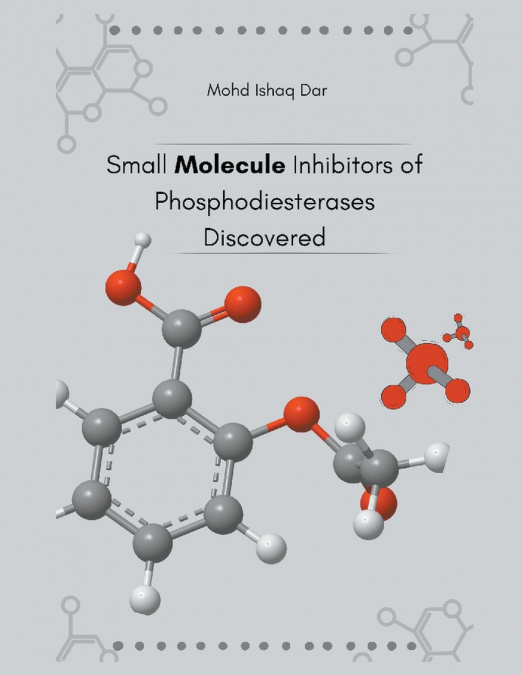
Mohd Ishaq Dar
Phosphodiesterases (PDEs) are a group of enzymes that catalyze the hydrolysis of cyclic nucleotides, such as cAMP and cGMP, which play crucial roles in various signaling pathways in the body. Small molecule inhibitors of phosphodiesterases have been discovered as a promising strategy for the development of drugs that target these enzymes. The discovery of small molecule inhibitors of phosphodiesterases has great potential in drug development for a wide range of therapeutic applications. These inhibitors have shown promising results in the treatment of several diseases such as heart failure, pulmonary arterial hypertension, Alzheimer’s disease, Parkinson’s disease, and cancer. The inhibitors have been found to have anti-inflammatory, antiplatelet, neuroprotective, antidepressant, and cognition-enhancing properties, making them attractive for drug development. Phosphodiesterase inhibitors work by preventing the breakdown of cyclic nucleotides, resulting in increased levels of cAMP and cGMP. This, in turn, leads to smooth muscle relaxation, vasodilation, and bronchodilation. The inhibitors also modulate other signaling pathways, including cyclic AMP-dependent protein kinase and protein kinase G, leading to a broad range of therapeutic effects. The discovery of small molecule inhibitors of phosphodiesterases involves several approaches such as virtual screening, molecular docking, structure-based drug design, ligand-based drug design, and high-throughput screening. The process also includes lead optimization, pharmacophore modeling, drug binding, binding affinity, and structure-activity relationships (SAR) analysis. Furthermore, the inhibitors’ pharmacokinetics, pharmacodynamics, ADME, toxicity, and drug delivery aspects are also evaluated during the drug development process. Preclinical studies and clinical trials are conducted to assess the efficacy and safety of these inhibitors. The results of these studies have demonstrated the therapeutic potential of these inhibitors in various diseases.In summary, the discovery of small molecule inhibitors of phosphodiesterases has opened up new avenues for drug development in several therapeutic areas. The inhibitors have shown great promise in the treatment of various diseases and have a broad range of therapeutic effects. The drug development process involves several approaches, including virtual screening, molecular docking, and structure-based drug design. The safety and efficacy of these inhibitors are evaluated in preclinical studies and clinical trials to assess their potential for therapeutic use.